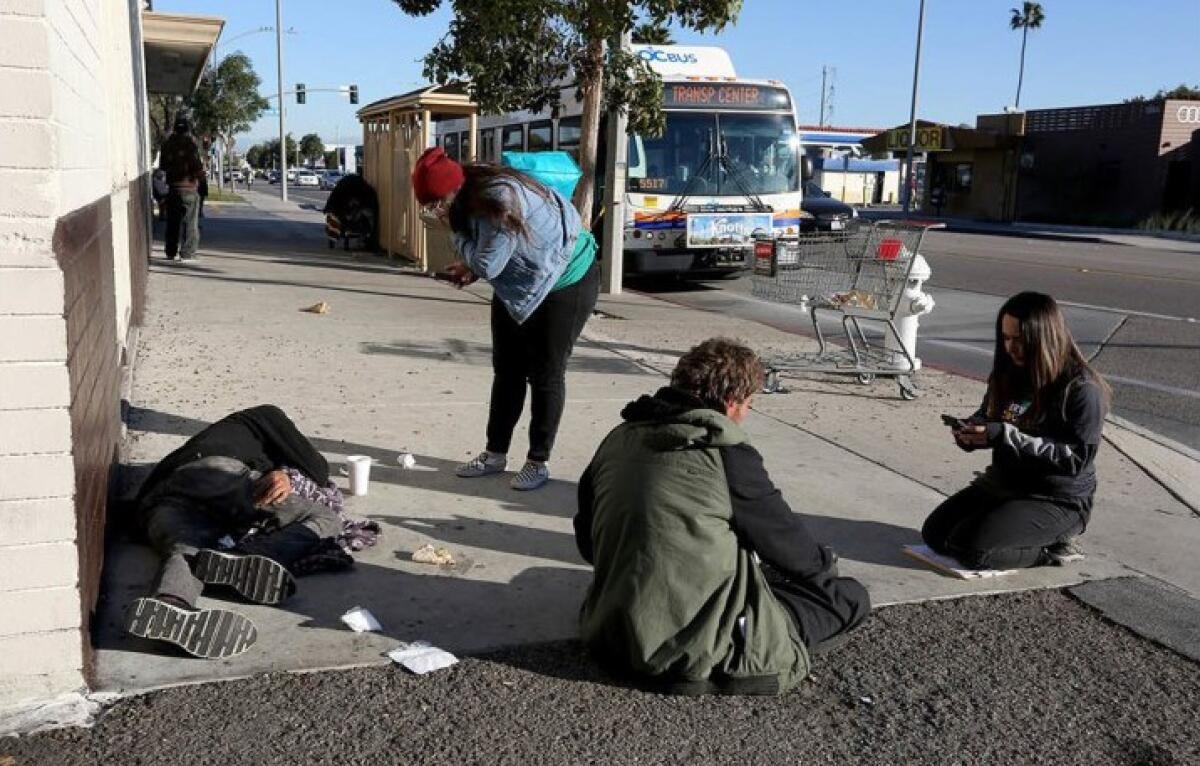Spanning more than half of the 112-page California voter information guide, Proposition 1 is one of the most intricate and impactful decisions facing voters on the March primary ballot.
This measure, a two-part initiative, seeks to authorize a $6.4 billion bond for constructing facilities dedicated to mental health and addiction treatment.
A significant portion, approximately $4.4 billion according to the Legislative Analyst’s Office, would fund the creation of 10,000 inpatient and residential treatment beds statewide.
Additionally, Proposition 1 aims to redefine California’s approach to combating homelessness by amending the Mental Health Services Act (MHSA).
Homeless Citizen (Credits: KTVB)
Since 2005, California has annually generated between $2 billion and $3.5 billion through the MHSA’s funding mechanism, a 1% surtax on personal incomes exceeding $1 million.
This funding, which accounts for a third of the state’s total mental health budget, is primarily allocated by local governments to address specific community needs.
If passed, Proposition 1 would mandate that counties allocate a third of their funding towards housing and rental assistance, and 35% towards mental health and addiction treatment.
Supporters of Proposition 1 argue that it is necessary to update the law to reflect the current reality in California, where addiction and mental health issues often intersect, and a severe housing shortage has rendered living costs unattainable for many.
State Senator Susan Eggman, a co-author of the measure, highlighted the significant increase in homelessness statewide over the past two decades, with more than 170,000 unhoused individuals, the majority of whom are living unsheltered.
In Kern County, similar challenges are evident, with figures showing a 22% rise in homelessness in 2023, despite substantial annual investments in excess of $16 million and a $350 million annual budget for Kern BHRS.
This increase underscores the urgent need for effective solutions to address the homelessness crisis. Opponents of Proposition 1 express concerns about the potential negative impact on existing county mental health programs.
They argue that the measure could result in a $718 million loss to county mental health programs and incur an additional $310 million in state debt annually for 30 years, further exacerbating the state’s projected $38 billion deficit.
While the impact of Proposition 1 remains uncertain, county officials are exploring various options to mitigate potential funding shortfalls, including seeking additional grants and forming community partnerships.
The measure’s final implementation is not expected until the end of 2026, providing time for thoughtful decision-making to address its potential impacts.
